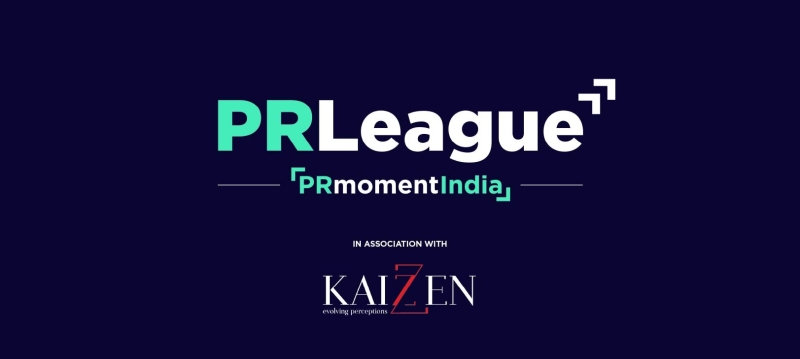
PRmoment's weekly 'Healthcare Communications Review' column looks at the biggest healthcare trends every week and analyses the communications implications. In partnership with SPAG, A Finn Partners Company.
Walk into any OPD, in any city In India and you will be met with long waiting hours, super crowded hospitals and harried staff.
Digital Health can solve some of this. As per Future Markets Insights in South Asia & Pacific, the digital health market share will reach US$ 2, 75,462.9 million by 2032
As per Finn Partners and Galen Growth, in the shadow of the pandemic, tremendous investment poured into digital health. The digital health sector has grown significantly during the past decade, with $2 billion invested in 2011 and $44 billion in 2021 by the global financial and corporate markets.
With the burden of chronic diseases in India rising, the country has long been the diabetes capital of the world, why are more patients not taking advantage of digital health for self-monitoring?
The biggest reason is, of course, lack of access and the cost of devices. As we travel down the socioeconomic ladder, it becomes very difficult to use health -tech. I am reminded of the vaccine app to book a shot which was only available in English, provided you could access a smartphone in the first place. Shops in the market had set up a nice little service booking vaccine appointments for people unable to do it themselves.
But, it could just as easily be a lack of awareness and discomfort with tech. Any chronic disease means a lot of self-management and tech can certainly reduce the burden, but behaviour change towards using the tech available requires a strategic approach.
What does this mean for communicators?
1) Communicators acknowledge the challenges of patient empowerment through digital.
“The health system has been long resistant to change. Health information – delivered across digital platforms – has altered the patient care pathway and shifted the tone and expectation among decision-makers navigating the fragmented health ecosystem,” said Gil Bashe, chair of global health and purpose, at FINN Partners.
This change in health information has to now trickle down to patients consistently, easily and at scale.
2) The 'Amazon' -isation of health care expectations.
Due to the ease of shopping, payment, travel booking and OTT apps, patients expect similar ease of navigation in digital health apps. Especially in a country like India with sharp variations in digital literacy. Self-monitoring can only work if its an easy behaviour that helps patients avoid the pain of frequent hospital visits, though the pandemic has given self-monitoring a big push.

Dr Srinivasan Murali, CEO and Co-founder, SmartCardia believes that Remote Patient Monitoring (RPM)has seen a rise with the onset of COVID-19.
Dr Murali explains that "In efforts to keep patients safe, healthcare experts worldwide turned to remote patient monitoring (RPM) to evaluate and monitor patients while at home. In RPM, experts use innovative technological tools to collect and track patient data outside standard healthcare settings like hospitals and medical clinics. Cardiology was one of the first medical specialities to adopt this system. Taking this into account, we launched our 7L ECG patch which provides a detailed and accurate ECG report to the healthcare experts sitting remotely. It can detect atrial fibrillation and over 20 different arrhythmias, which could also be asymptomatic or transient in nature."
3) Another ongoing challenge for communicators is data. The privacy, security and management of sensitive medical data. As of now, there is no global data policy regarding the sharing of medical data across borders for instance. This is an issue that communicators will find themselves grappling them if the digital health market has to grow.
In Other News
1) Manipal Hospitals Enterprises Limited may be going in for an IPO, per news reports in Business Standard and The Mint, even as it moves closer to its latest big-ticket acquisition; the Amri Hospitals.
2) Stubble burning has brought in a 'breath of bad air' into the NCR as AQI levels plunge to very poor and severe. It is air purifier and mask time.
Hat tip to
AIIMS launches neuro app, SMART-India to monitor strokes in rural areas.
That's it for this week. Special thanks to SPAG, a FINN Partner company for their ongoing support for this weekly column.

News for the column curated by Impact Research and Measurement
THE PR LEAGUE INDIA 2025
PRmoment India's premier high-stakes team competition for India's brightest PR and comms talent
AWARDSIf you enjoyed this article, you can subscribe for free to our weekly event and subscriber alerts.
We have four email alerts in total - covering ESG, PR news, events and awards. Enter your email address below to find out more:






